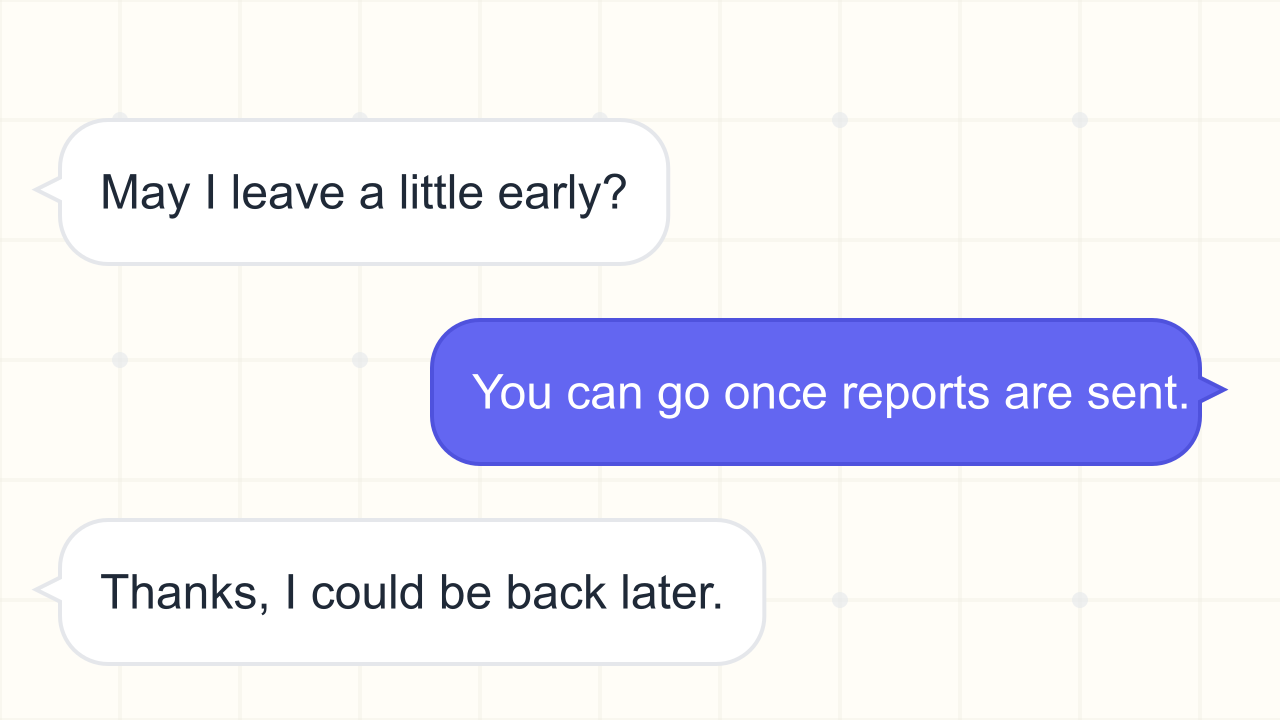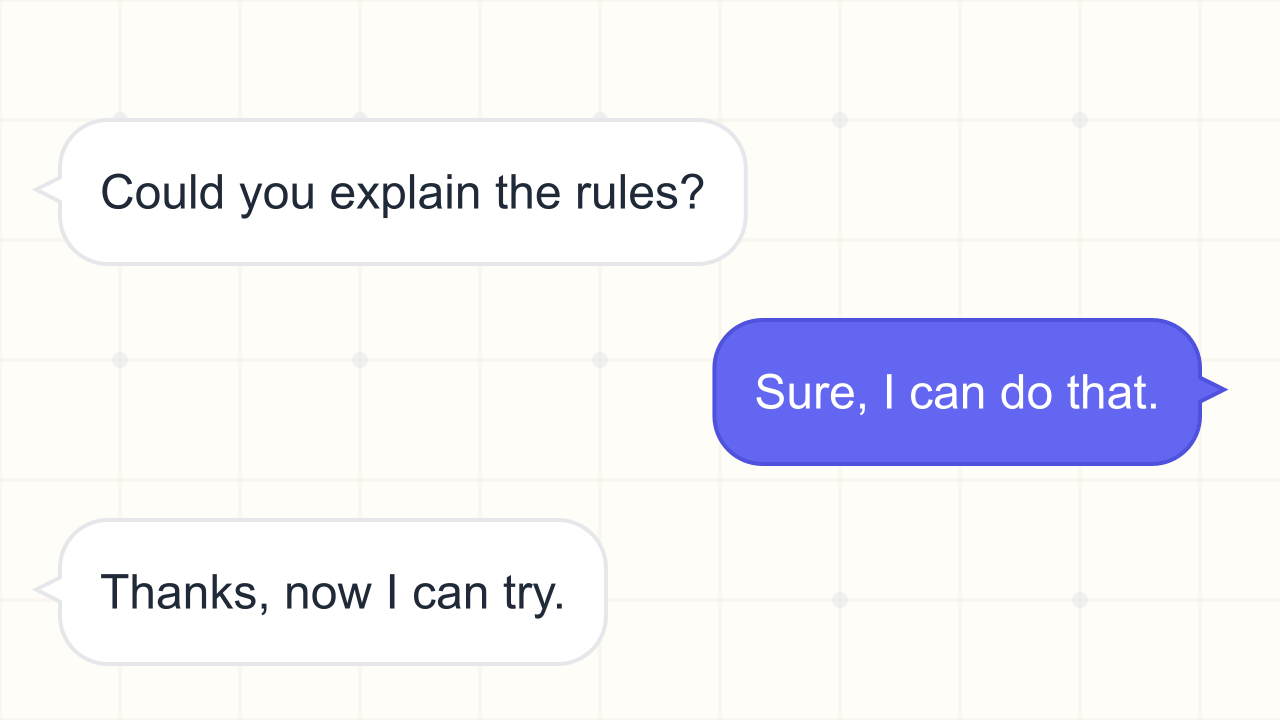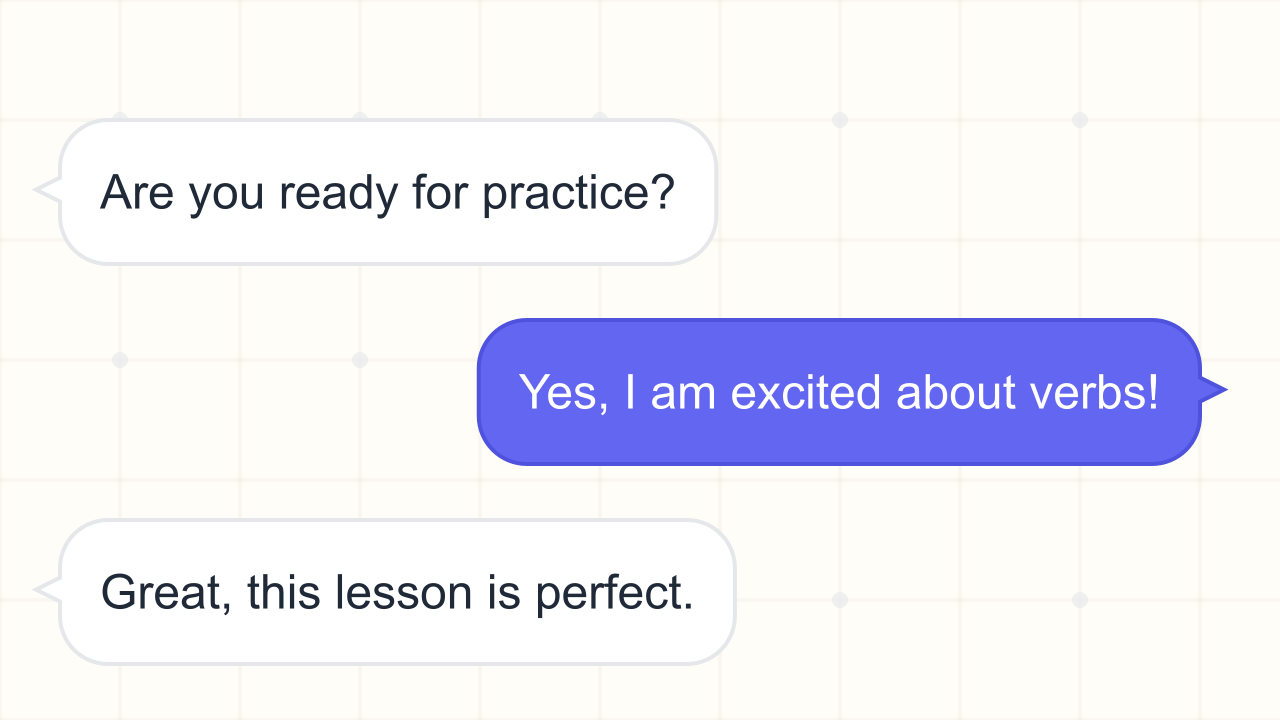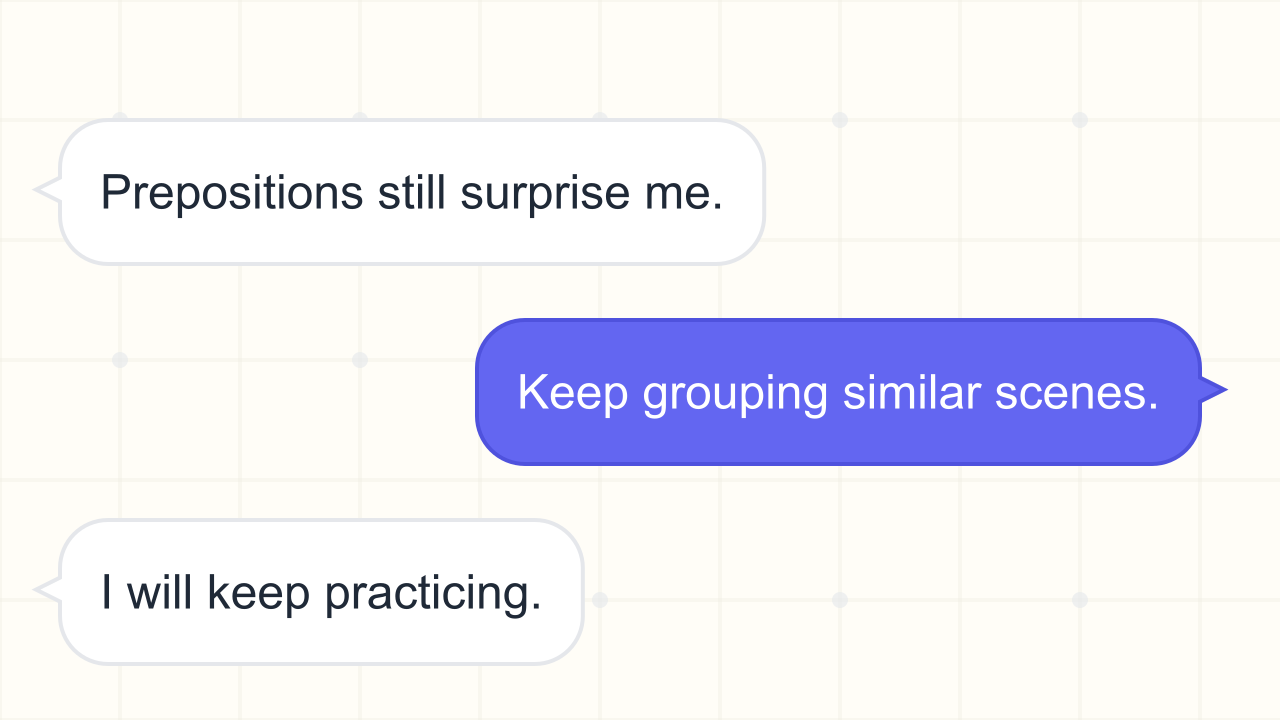Modal Verbs of Obligation (must, have to, should) grammar Exercise
Practise choosing “must”, “have to”, or “should” to express obligation, necessity, and recommendations in real-life contexts.
Exercise Guide
How to complete:
Read each paragraph and select the modal verb that best expresses the level of obligation. Think about whether the sentence describes a strong rule, a necessity, or friendly advice.
- Use “must” for strong internal or official obligations.
- Use “have to” for external requirements or unavoidable duties.
- Use “should” for recommendations, suggestions, or mild obligations.
Success tips:
- Check who imposes the obligation—yourself, an authority, or social expectations.
- “Must” often sounds stronger and more urgent than “have to”.
- “Should” is softer and fits advice, best practices, or gentle reminders.
- Identify time expressions; past obligations often use “had to”.
Knowledge:
English speakers juggle several modal verbs to describe obligation. Recognising the difference between personal duty, external rules, and helpful advice will help your sentences sound precise and natural.
These exercises cover workplace policies, school expectations, and everyday responsibilities, so you can switch comfortably among “must”, “have to”, and “should”.
Complete the Exercise
Paragraph 1
Paragraph 2
Paragraph 3
Paragraph 4
Paragraph 5
Paragraph 6
Paragraph 7
Paragraph 8
Paragraph 9
Paragraph 10
Paragraph 11
Paragraph 12
Paragraph 13
Paragraph 14
Paragraph 15
Share this exercise
Help others learn grammar by sharing this exercise
Related Exercises

Modal Verbs of Permission (may, can, could)
Practise choosing “may”, “can”, or “could” to ask for permission, give consent, or describe rules politely.

Modal Verbs of Ability (can, could)
Practise selecting “can” or “could” to express ability, requests, and possibilities in everyday situations.

To Be: Is, Am, Are
Practise choosing the correct form of the verb “to be” — is, am, or are — in present simple sentences about people, places, and things.

Have got vs has got
Practise choosing between "have got" and "has got" to express possession, relationships, and characteristics accurately.

Prepositions Part 4
Challenge yourself with extended scenes that weave together direction, timing, tools, and placement so you can choose precise prepositions in complex contexts.